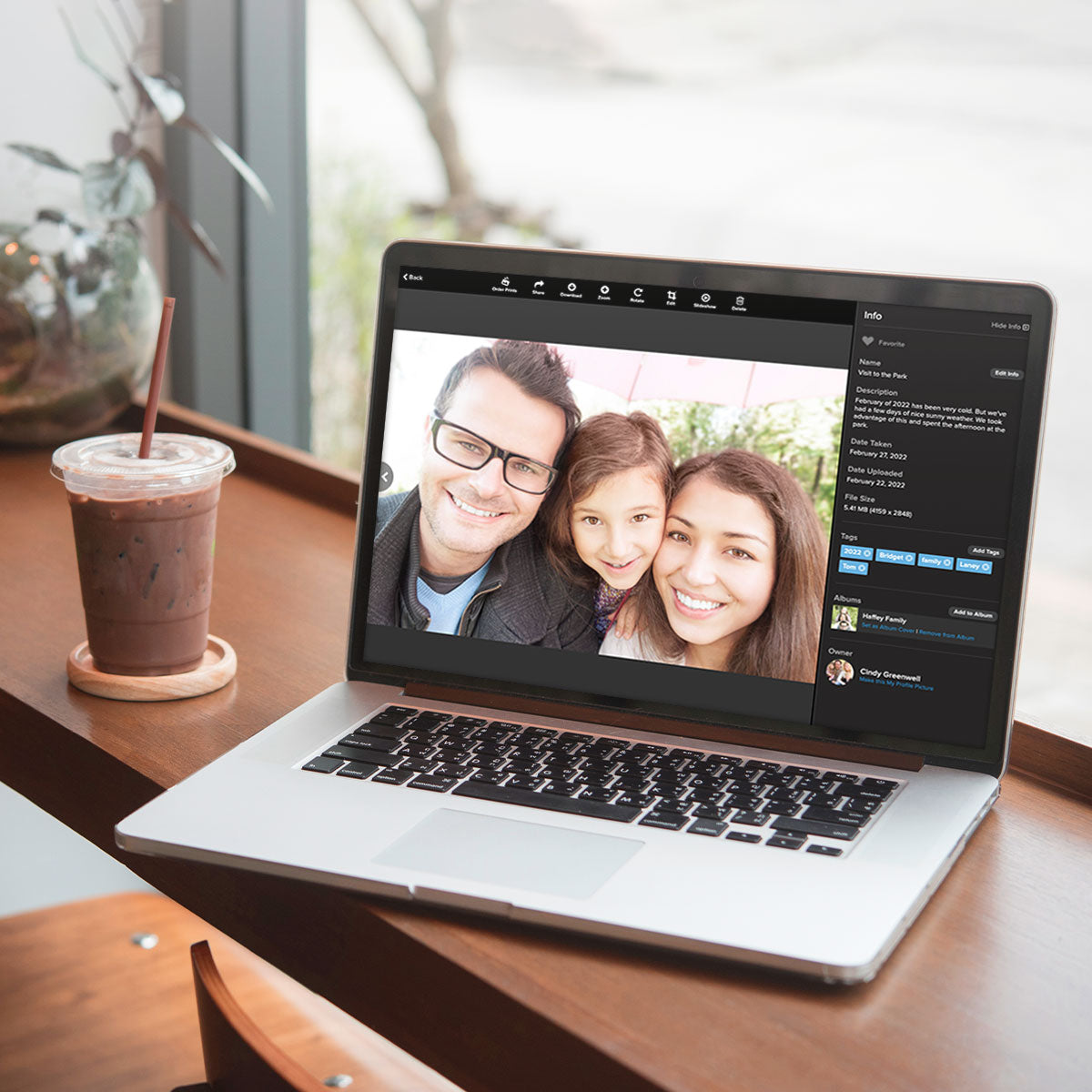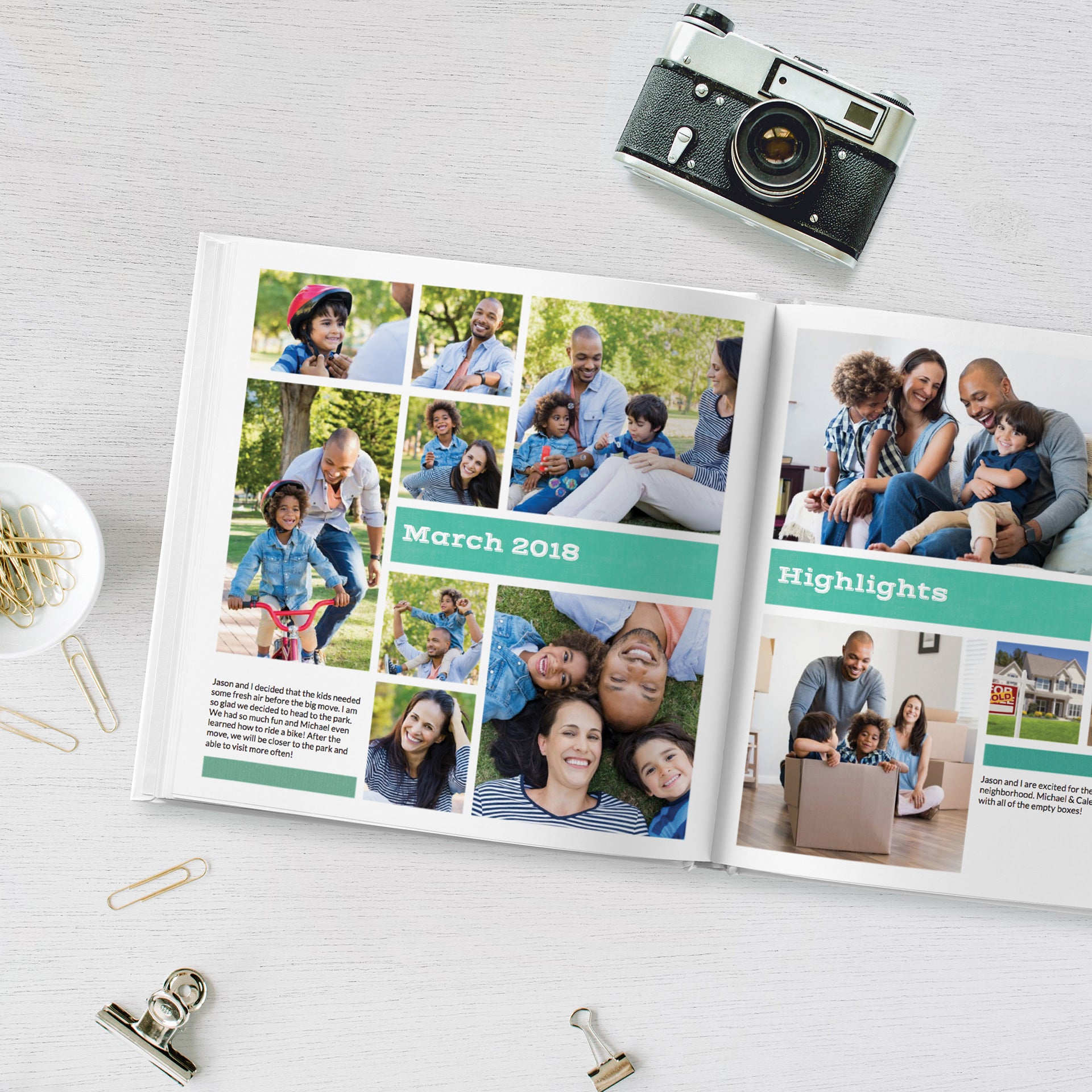We are our own biggest weakness, but changing just a few of our behaviors can reduce the chances that our online accounts get hacked.
There are two big reasons why people get hacked. Flaws in software and flaws in our human behavior. While there’s not much we can do about coding vulnerabilities, we can change our behavior and bad habits.
Here are 5 ways to reduce your chances of being hacked.
1. Use unique ‘passphrases’ for each account instead of ‘passwords’. Passphrases are harder to crack. They should include a combination of at least 15 characters, numbers, and special characters. An example would be: iLOVE2eatKeyLime1ceCream!
2. Use two-factor authentication where available. Use text or FaceID as your second method.
3. Begin using a password manager to maintain all accounts. I use LastPass.
4. Don’t share personal information on social media that could compromise your account security questions. An example would be the name of the street you grew up on or your favorite pet’s name.
5. Learn how to spot a phishing attack. Be cautious, think before you click, and download files only from people and sources you know and trust. Look at the email address of the sender. Does it look legit or just a random set of letters coming from a Gmail or Hotmail account? Are there spelling errors in the text?
If your accounts are ever hacked, restoring the things you may have lost, such as money or photos, is a time-consuming and frustrating process. You’re better off taking some steps now to mitigate the risks of getting hacked in the first place.
I don't take any chances with my personal documents, videos, and photos — and neither should you. If you’d like to learn more about securing your permanent cloud storage, check out my blog, Protect Your Photos Before You Die, for the steps to take in order to safeguard your digital presence.






